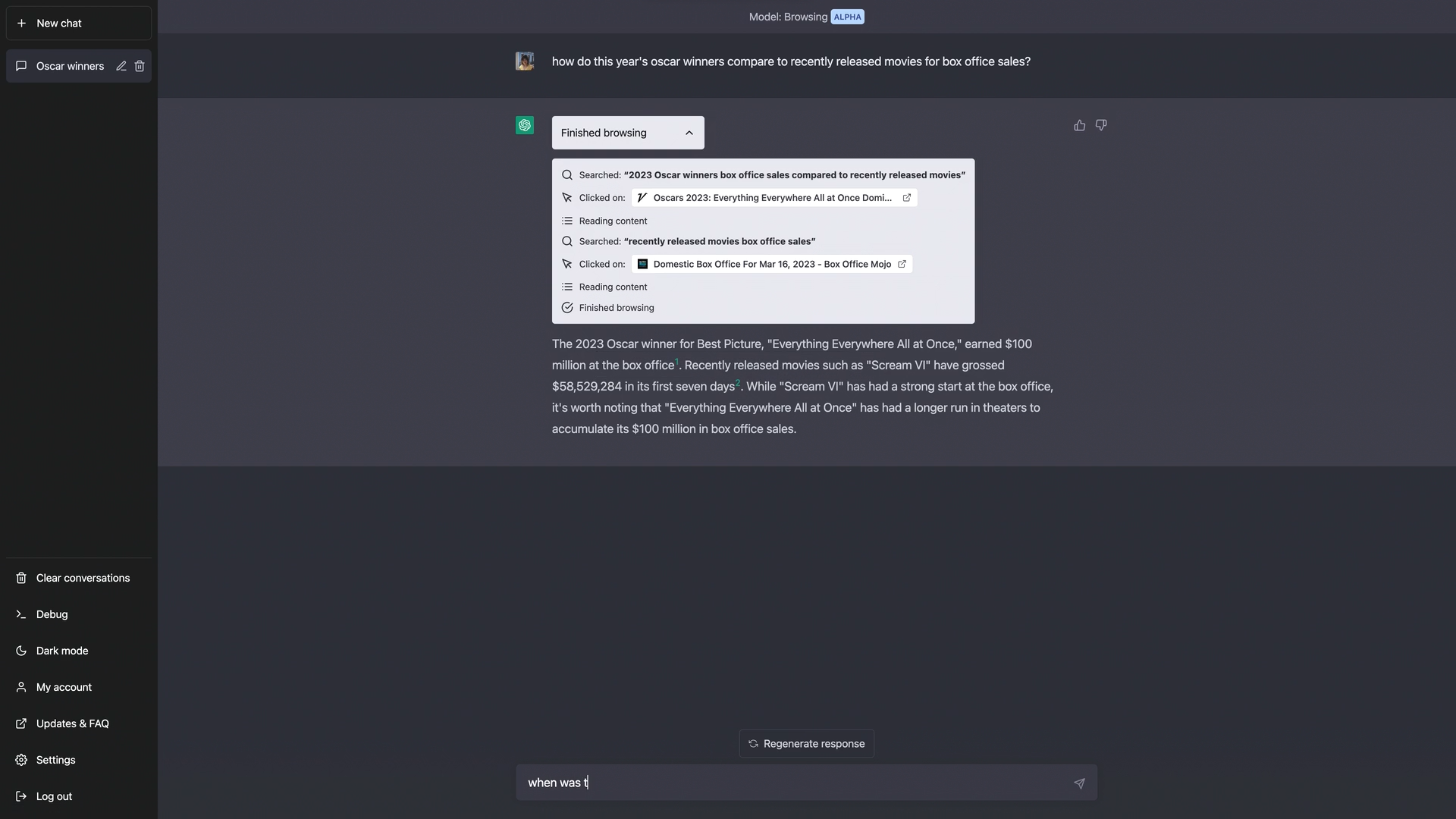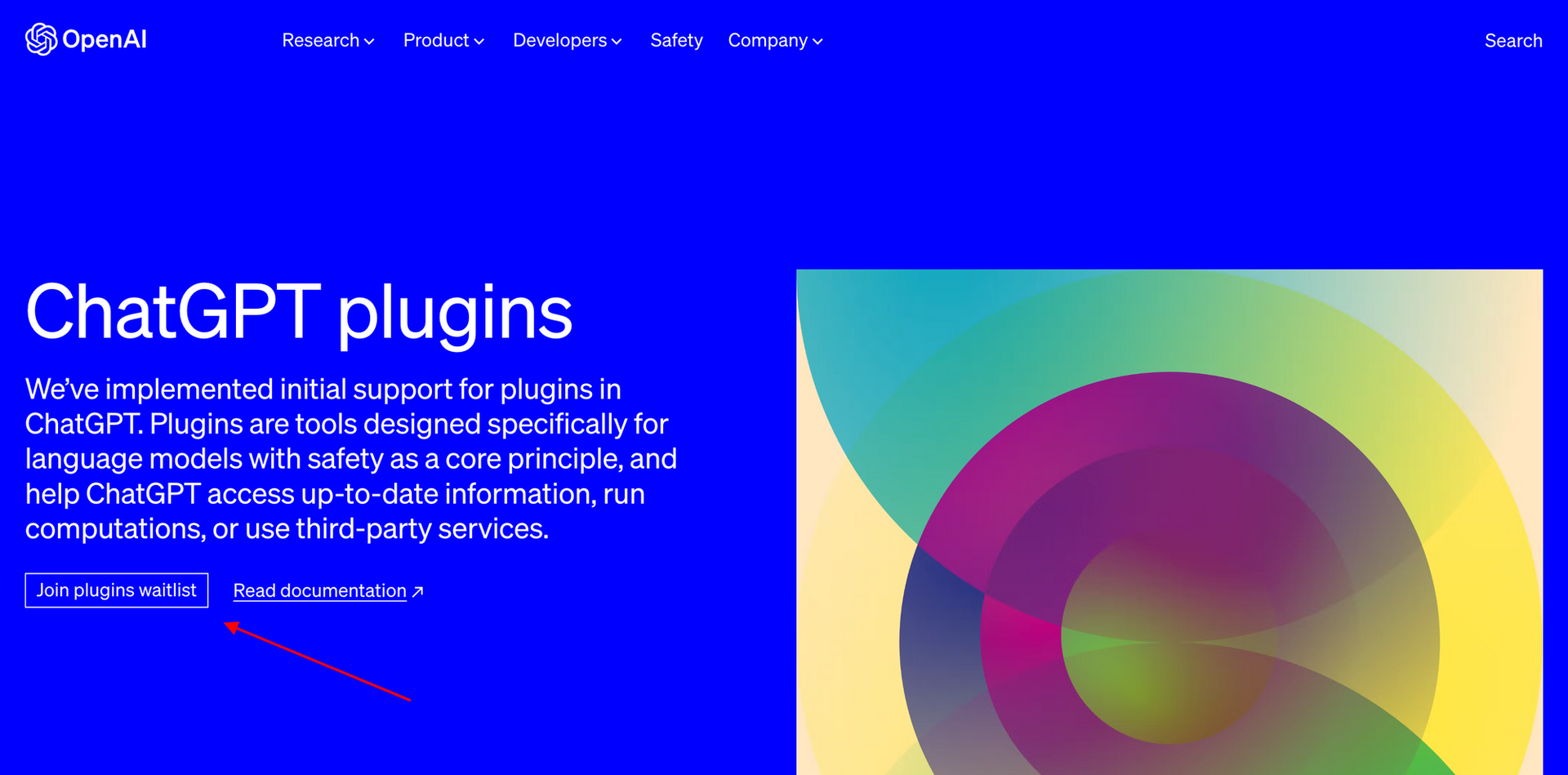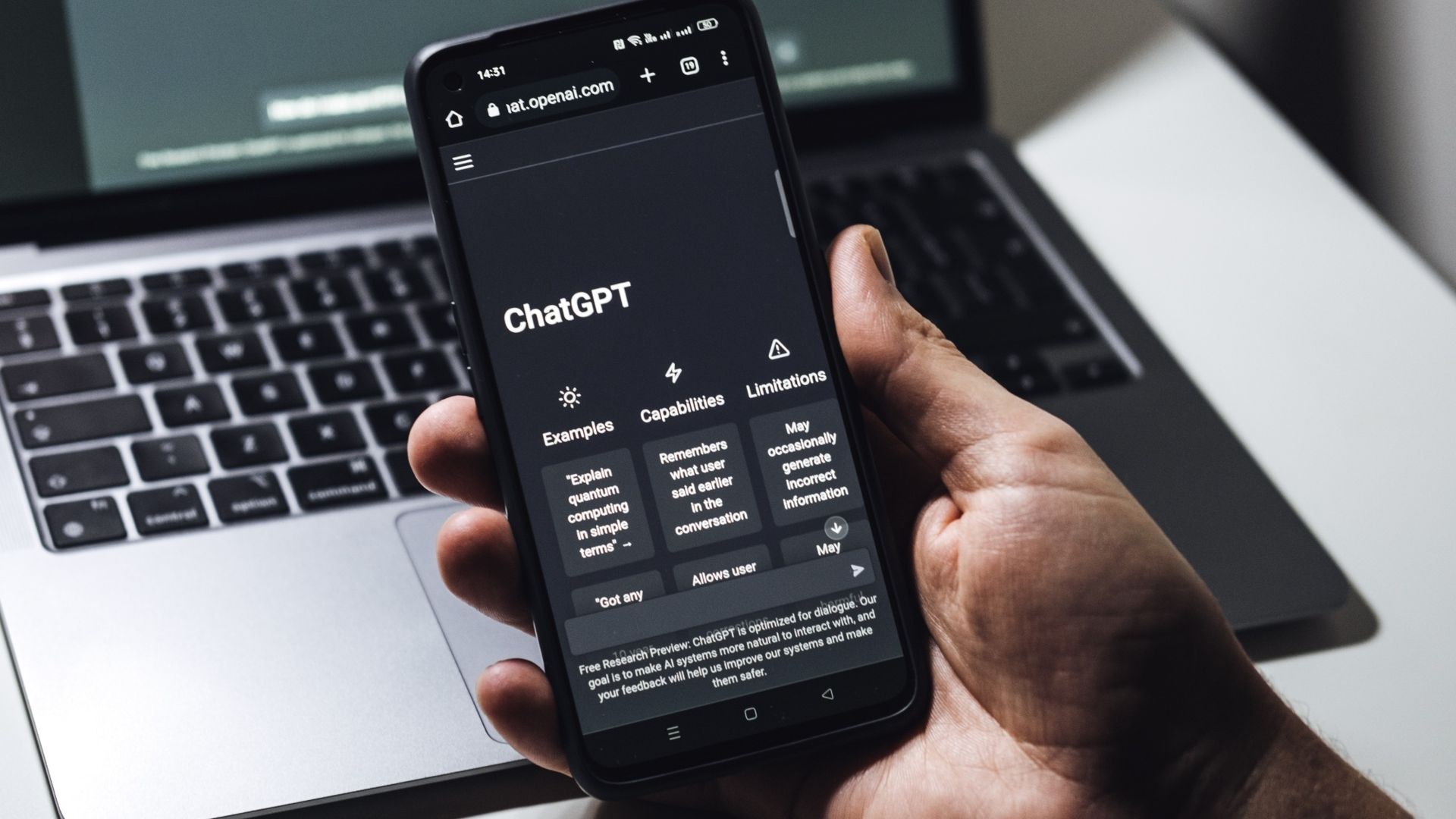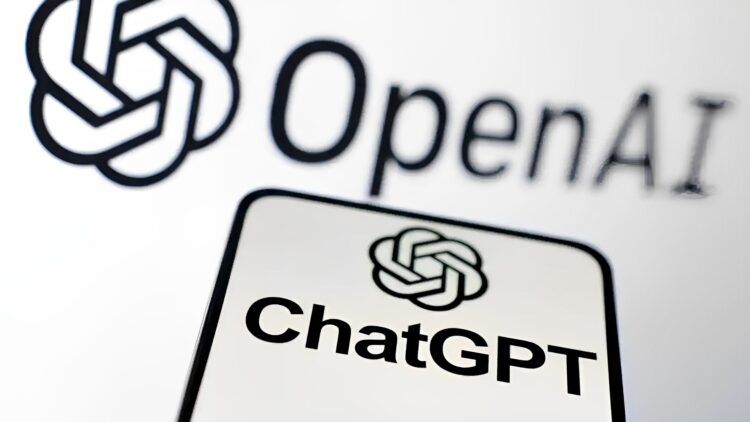OpenAI ChatGPT plugins now connect OpenAI’s viral AI-powered chatbot, ChatGPT, to the internet — in certain instances.
OpenAI today introduced plugins for ChatGPT, which enhance the bot’s capability by allowing it access to third-party knowledge sources and databases, including the web.

The first-party web-browsing plugin from OpenAI, which enables ChatGPT to get information from the internet to respond to the numerous inquiries presented to it, is undoubtedly the most exciting plugin. (Before roughly September 2021, ChatGPT’s knowledge was restricted to dates, events, and individuals.) The plugin pulls content from the web using the Bing search API and shows any websites it visited in building an answer, mentioning its sources in ChatGPT’s reply.
Are there any risks of OpenAI ChatGPT plugins?
The live web is less curated than a static training dataset and — by implication — less filtered, of course. Search engines like Google and Bing utilize their own safety procedures to limit the odds of unreliable content rising to the top of results, but these results can be gamed. They also aren’t necessarily representative of the totality of the web. The situation is not totally different for OpenAI ChatGPT plugins.
According to a piece in The New Yorker, Google’s algorithm gives websites that employ cutting-edge web technologies, such as encryption, mobile compatibility, and schema markup, a higher ranking. As a result, many websites with otherwise high-quality content get overlooked.
This gives search engines a lot of power over the data that might inform web-connected language models’ answers. Google has been discovered to prefer its own services in Search by, for example, responding to a vacation inquiry with data from Google Places instead of a richer, more social source like TripAdvisor. At the same time, the algorithmic approach to search opens the door to bad actors. According to The New Yorker, Pinterest used a bug in Google’s image search algorithm in 2020 to increase the visibility of its content in Google Image searches.
OpenAI ChatGPT plugins waitlist
OpenAI claims that it will initially give priority to a small number of developers and subscribers to its premium ChatGPT Plus plan before rolling out larger-scale and API access. It is currently available in alpha to ChatGPT users and developers on the waitlist. Those who wish to try out the OpenAI ChatGPT plugins should enroll on the waitlist from OpenAI’s website.

OpenAI acknowledges that a web-enabled ChatGPT may engage in a variety of harmful actions, including sending spam and phishing emails, getting over security measures, and generally “raising the capabilities of evil actors who would defraud, mislead, or abuse others.” But, the corporation also claims that in order to stop this, it has “installed many protections” that were guided by internal and external red teams. Time will tell if they are adequate.
In addition to the web plugin, OpenAI also made available a code interpreter for ChatGPT that gives the chatbot access to a functioning Python interpreter in a sandboxed, firewalled environment as well as storage space. OpenAI claims that it is especially helpful for resolving mathematical problems, performing data analysis and visualization, and converting files across formats. It permits sending files to ChatGPT and retrieving the results.

Several early partners, including Expedia, FiscalNote, Instacart, Kayak, Klarna, Milo, OpenTable, Shopify, Slack, Talk, Wolfram, and Zapier, created plugins for ChatGPT to complement OpenAI’s own.
They mostly explain themselves. For instance, one of the OpenAI ChatGPT plugins, the Instacart plugin enables ChatGPT to place orders from nearby retailers while the OpenTable plugin enables the chatbot to search across restaurants for open reservations. Zapier links with programs like Google Sheets, Trello, and Gmail to launch a variety of productivity tasks, making it by far the most versatile of the group.
A “retrieval” plugin that allows ChatGPT to get excerpts of documents from data sources including files, notes, emails, or public documentation by asking inquiries in natural language has been open-sourced by OpenAI in order to encourage the development of new plugins.

“We’re working to develop plugins and bring them to a broader audience,” OpenAI said in one of its blog posts. “We have a lot to learn, and with the help of everyone, we hope to build something that is both useful and safe.”
This is most possibly going to be a new epoch for ChatGPT. Although AI service is almost everywhere nowadays, there is no doubt that the online ChatGPT is going to attract even more users. If you’d like to check out more news about AI, make sure to take a look at the articles below to keep up with the rapidly growing industry.





